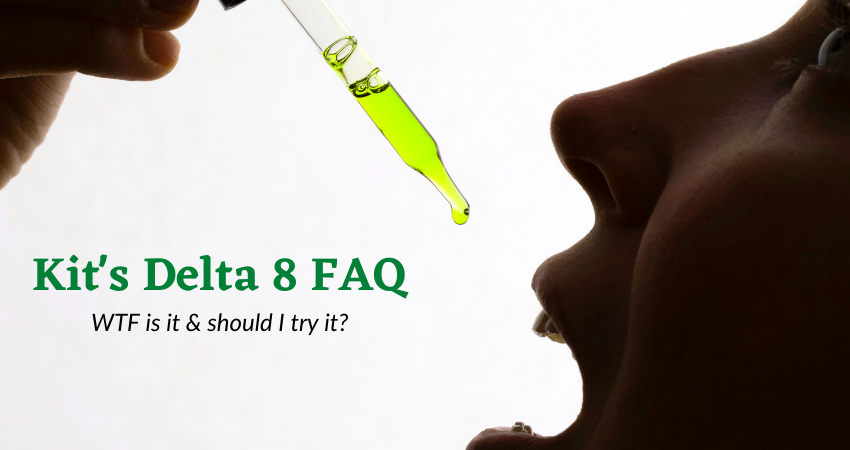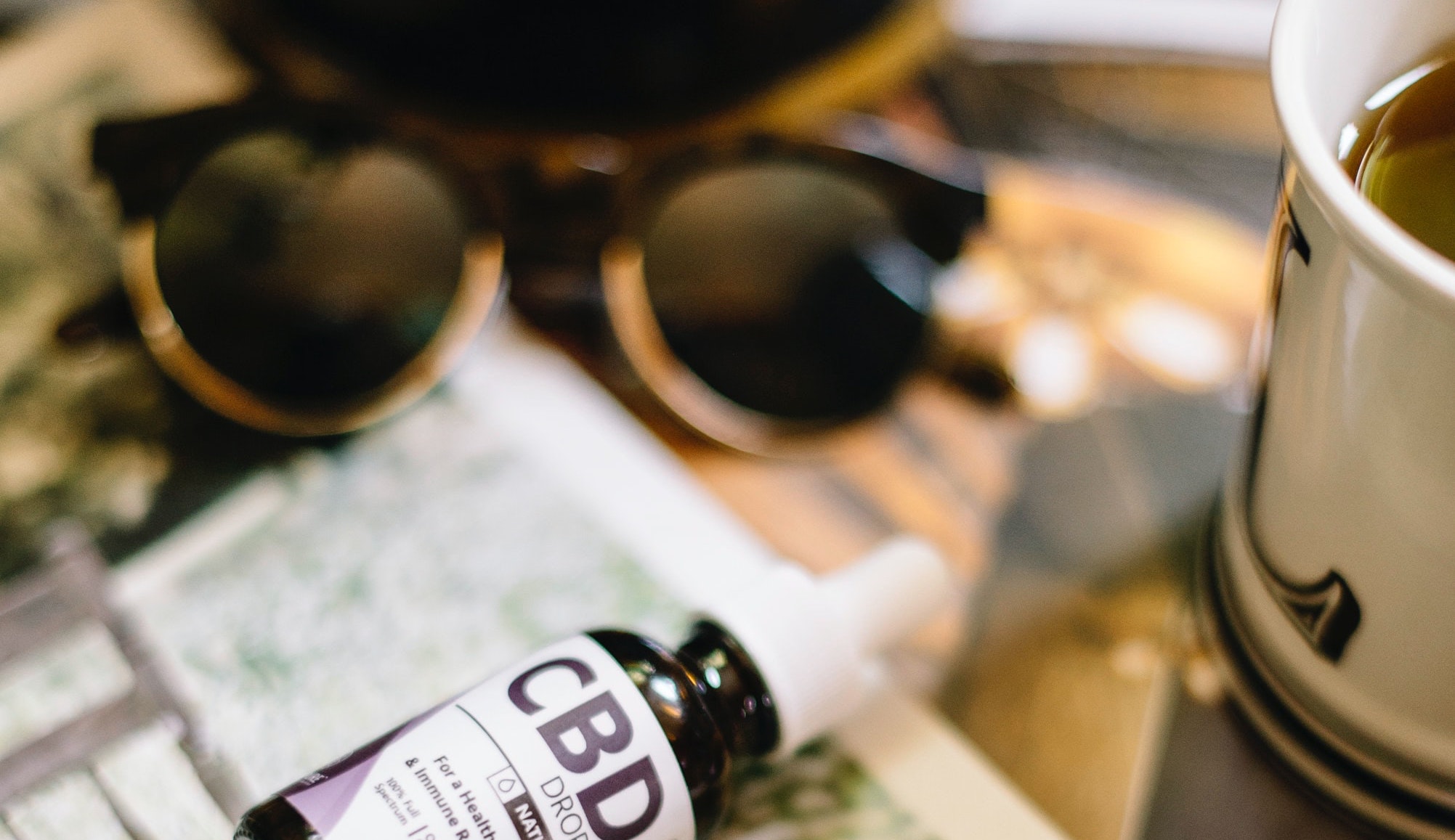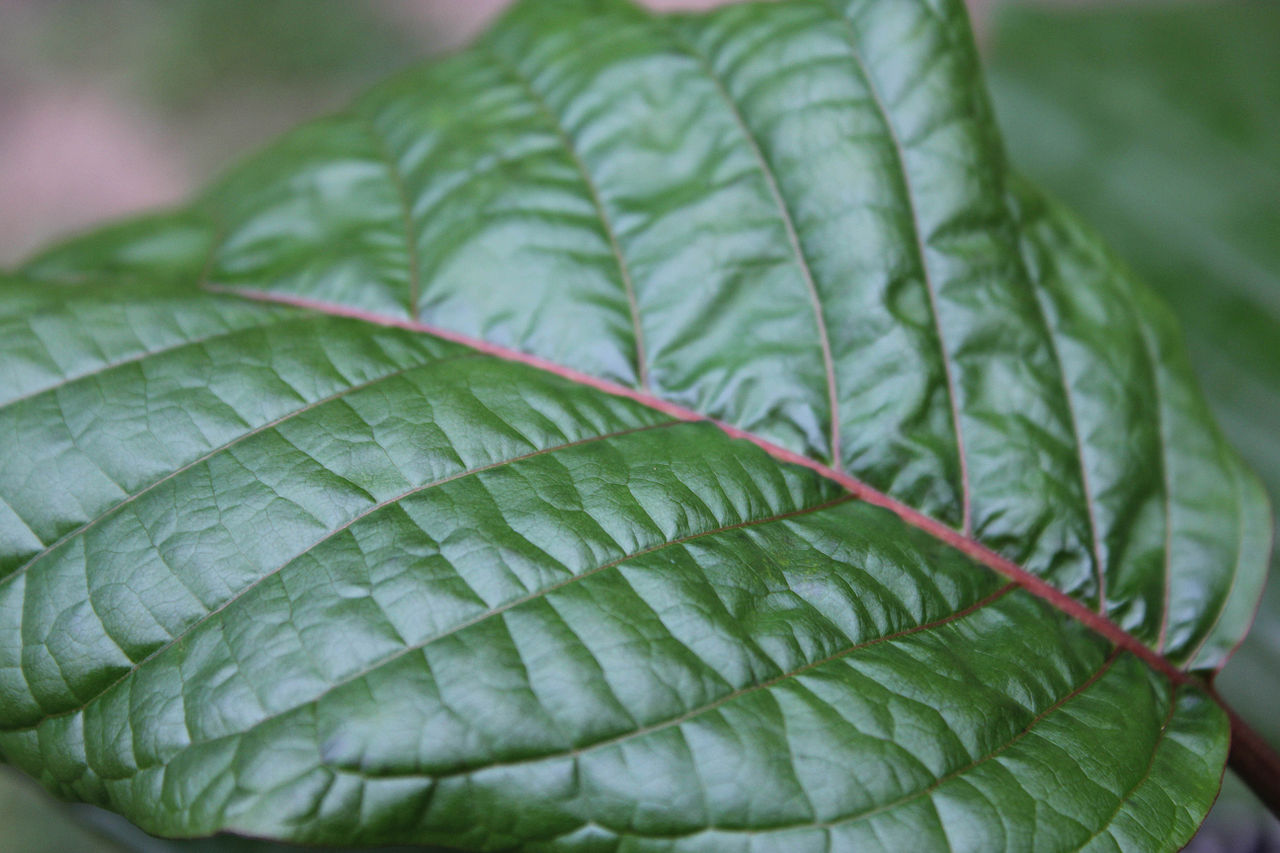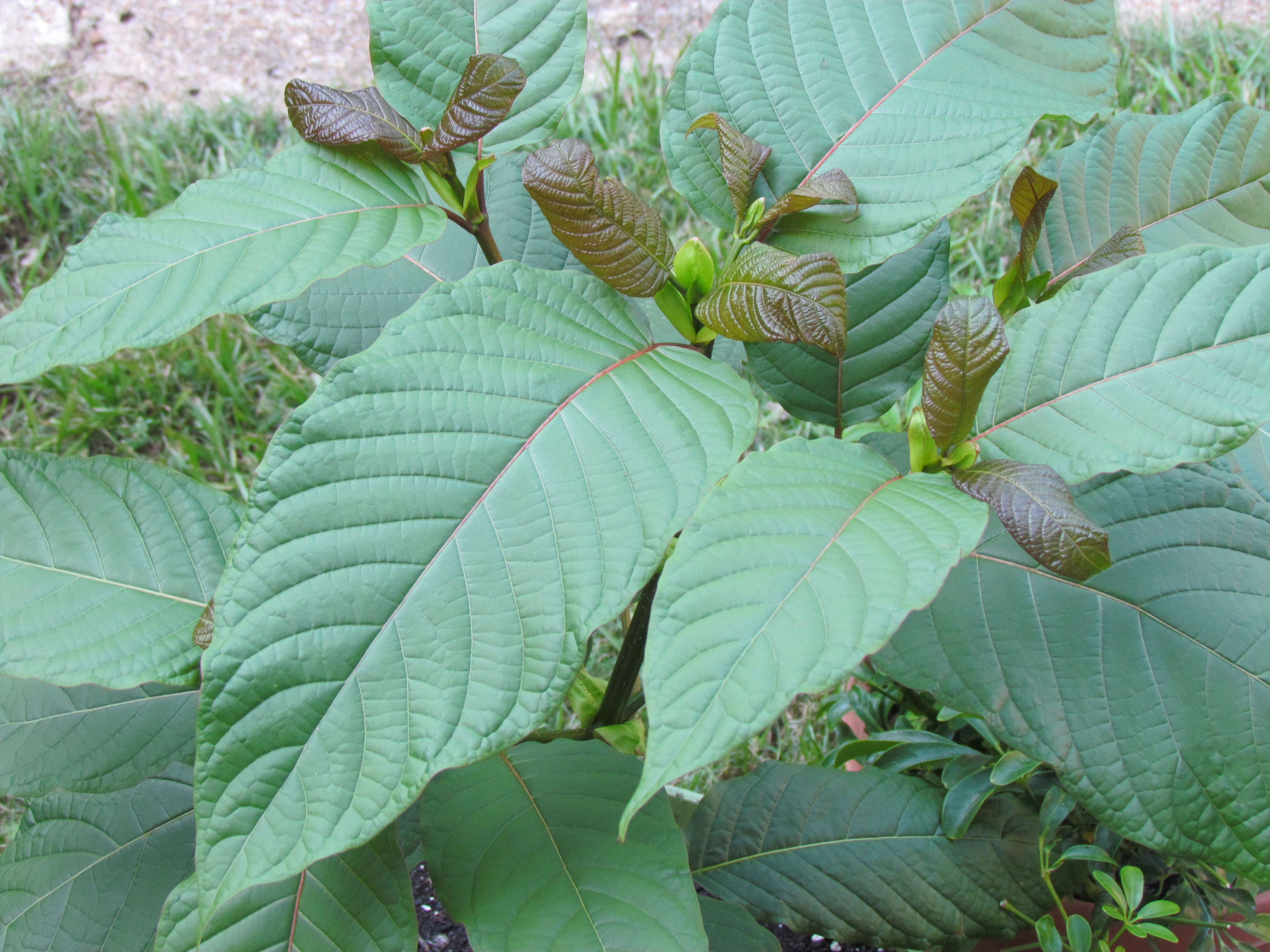There’s a lot of buzz around Delta 8 right now, but I’m concerned people aren’t educating themselves about this new cannabinoid before using it.
Almost weekly, someone asks me about Delta 8 products. What are they, should I try them?
I appreciate that people look to me for guidance, so I thought I’d put together a few tidbits about Delta 8.
If you’re not aware, Delta 8, short for Delta-8-THC, is a close relative of Delta-9-THC. That’s main compound in psychoactive cannabis (“marijuana”). As you might guess, the two compounds are very chemically similar with somewhat similar effects. They both make you high but in slightly different ways. I’ll get into that below.





